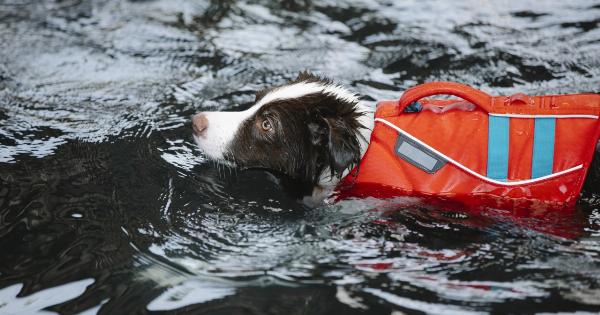Dogs are delightful creatures; they are affectionate, loyal, and provide companionship to countless individuals around the globe. One of the fascinating aspects of owning a dog is understanding their unique personality.
Indeed, much like people, dogs have their quirks, tendencies, and individual needs. Gaining insight into your dog’s personality can lead to a lasting, meaningful bond between you and your furry friend.
What Is Canine Personality?
Canine personality is essentially the sum of the behavioral traits that make up your dog’s individual character. Dogs, just like humans, have their likes and dislikes, and possess different temperaments and behavioral patterns.
It’s this combination that helps distinguish one dog from the other.
There are several factors that shape a dog’s personality, but the primary ones are genetics and environment. Genetic traits are the innate behavioral traits a dog inherits from its parents, mostly including breed characteristics.
On the other hand, the environment plays an integral role in how a dog handles external stimuli at a particular moment.
Understanding Dog Personality Types
Several canine personality classification systems exist, but one of the most popular ones classifies dogs as either extroverted, introverted, or somewhere in-between.
Specifically, some dogs might exhibit traits of extraversion in some situations and introversion in others.
Extroverted Dogs
Extroverted dogs are generally the life of the party. They’re energetic, enthusiastic, and usually highly sociable. They’re the ones that quickly make new friends with both humans and other dogs without apprehension.
They love playing, running, jumping around, and are often more boisterous than their introverted counterparts.
Introverted Dogs
On the other hand, introverted dogs tend to be quiet, slow-paced, and require more alone time than their extroverted counterparts.
They’re sensitive, reserved, and not as enthusiastic about socializing with new people, preferring to stay close to their owners and immediate family members.
Ambivert Dogs
Then we have ambivert dogs. These are dogs who exhibit a mix of traits from both the extroverted and introverted personalities, and it might be hard to predict how they’ll act in social interactions.
At times, they’ll be enthusiastic and outgoing, and at other times, they’ll be hesitant and reserved.
Factors Influencing Your Dog’s Personality
As mentioned earlier, genetics and environment significantly impact a dog’s personality. Let’s dive deeper into these factors:.
Breed
Different dog breeds often possess specific behavioral traits peculiar to their breed.
For example, herding breeds like Border Collies usually exhibit high energy levels, while hunting breeds like Beagles have an innate tendency to sniff and track scents. Be sure to research the characteristics of your dog’s breed and understand how it may impact their personality.
Environment
Environmental factors can also play a role in shaping your dog’s personality. The critical areas that are affected by environment include socialization, training, and exposure to new stimuli.
Factors such as a lack of early socialization or training, and traumatic events like abuse or accidents can have a detrimental impact on your dog’s personality.
Training
Training also plays a significant role in shaping your dog’s personality. Training provides structure, consistency, and discipline, which helps your dog build confidence and become well-behaved.
Training also helps identify and resolve behavioral issues, making your dog a better companion overall.
Personality Traits to Look Out For
While your dog’s personality is unique and you know your pet better than anyone else, there are several personality traits that you should keep an eye out for.
Aggression
Aggression is a common problem in dogs, and it’s often the result of fear and anxiety. Aggressive dogs exhibit behaviors like growling, barking, biting, or snapping when annoyed, stressed, or threatened.
If you notice aggressive behaviors in your dog, be sure to seek help from a professional dog trainer, animal behaviorist, or veterinarian.
Fearfulness
Fearful dogs tend to be timid and anxious and may feel insecure in new and unfamiliar situations. These dogs usually exhibit behaviors like hiding, trembling, excessive whining or panting, or refusing to socialize.
If your dog shows any signs of fearfulness, consider working with a professional dog trainer or behaviorist to provide appropriate training and support.
Anxiety
Anxiety can manifest in many ways in dogs, such as excessive barking, panting, pacing, chewing, and destructive behavior.
It’s essential to recognize these anxiety-related behaviors and work to alleviate your dog’s anxiety through training and environmental changes.
Playfulness
Playfulness is an essential trait in dogs as it promotes exercise, mental stimulation, and bonding. Playful dogs often exhibit behaviors like wagging their tails, bouncing around, and indulging in interactive games or toys.
Wrapping Up
Understanding your dog’s personality is crucial for building a lasting and meaningful relationship with your furry companion.
By identifying their unique personality traits and tendencies, you can provide the appropriate care, love, and attention they need.





























